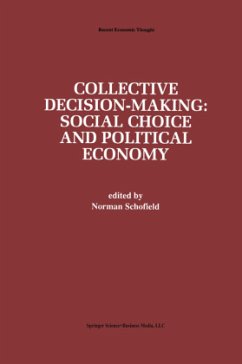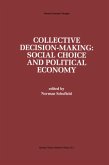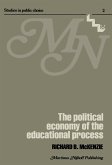In the last decade the techniques of social choice theory, game theory and positive political theory have been combined in interesting ways so as to pro vide a common framework for analyzing the behavior of a developed political economy. Social choice theory itself grew out of the innovative attempts by Ken neth Arrow (1951) and Duncan Black (1948, 1958) to extend the range of economic theory in order to deal with collective decision-making over public goods. Later work, by William Baumol (1952), and James Buchanan and Gordon Tullock (1962), focussed on providing an "economic" interpretation of democratic institutions. In the same period Anthony Downs (1957) sought to model representative democracy and elections while William Riker (1962) made use of work in cooperative game theory (by John von Neumann and Oscar Morgenstern, 1944) to study coalition behavior. In my view, these "rational choice" analyses of collective decision-making have their antecedents in the arguments of AdamSmith (1759, 1776), James Madison (1787) and the Marquis de Condorcet (1785) about the "design" of political institutions. In the introductory chapter to this volume I briefly describe how some of the current normative and positive aspects of social choice date back to these earlier writers.
Hinweis: Dieser Artikel kann nur an eine deutsche Lieferadresse ausgeliefert werden.
Hinweis: Dieser Artikel kann nur an eine deutsche Lieferadresse ausgeliefert werden.
`The editor has selected carefully an excellent array of articles and organized them most effectively in a logical and coherent presentation of critical issues with social choice and political economy within the context of collective decision making. This is an excellent edited volume for readers familiar with the general theories, theorems, and voting methods presented, and for those interested in updating their understanding of the more recent literature on these topics.' Review of Radical Political Economics, December 1998
`The editor has selected carefully an excellent array of articles and organized them most effectively in a logical and coherent presentation of critical issues with social choice and political economy within the context of collective decision making. This is an excellent edited volume for readers familiar with the general theories, theorems, and voting methods presented, and for those interested in updating their understanding of the more recent literature on these topics.' Review of Radical Political Economics, December 1998








